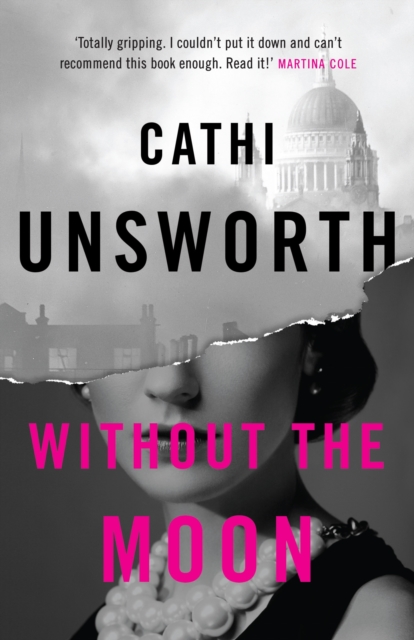“For all the town’s fascination with its dark history–the Indian massacres and early colony, the influenza epidemic and lost girls– those stores are meant to be part of the past, told on candlelit ghost tours or sold in glossy paperbacks to be read on rainy weekends the lost girls aren’t meant to come back.
But here I am. [p. 186]
Tess has secrets, but doesn't everyone? She teaches at an elite boarding school in Maine, and is married to a professor. Her teenaged son from an earlier relationship, Rudy, is troubled: but so many young people are troubled, these days. Tess just hopes his nightmares clear up and he doesn't remember the trauma in which they're rooted.
One night, Rudy phones in a state of distress, asking Tess to collect him. Four hours later, Tess learns that Rudy's girlfriend Lila has been found dead at the Point, near where Rudy was waiting for Tess. She knows Rudy didn't do it: but does she know Rudy at all?
The Sea of Lost Girls felt ... claustrophobic. Tess (whose first impulse is always to lie) seems to be trapped, her secrets about to be exposed. It gradually becomes clear that she's rotting with guilt, with shame, with self-loathing -- and that the past is never very far away.
I would probably have enjoyed this novel much more if I'd liked any of the characters. Tess vexed me: she is not to blame for what happened when she was very young, but she is certainly instrumental in the erosion of the life she's constructed in the aftermath. She's not the only character who has made poor moral choices: the pervasive sexism of modern America is mirrored in the school's production of The Crucible, and in various discussions of power and agency. There are historical elements, too: the school was originally a Refuge for Wayward Girls, and a certain kind of man gravitates to such places. (There is a positive depiction of a male character in this novel. Just the one, if you don't count poor troubled Rudy.)
I liked Goodman's prose a lot, and found her first-person depiction of a pathologically unreliable narrator not only credible, but meticulously constructed. I will probably read more by her, but the plot and characters here did not engage me as much as I'd hoped.
Read for Lockdown Bookclub.






